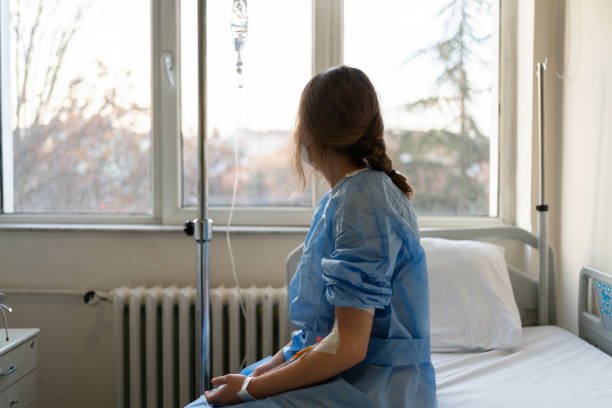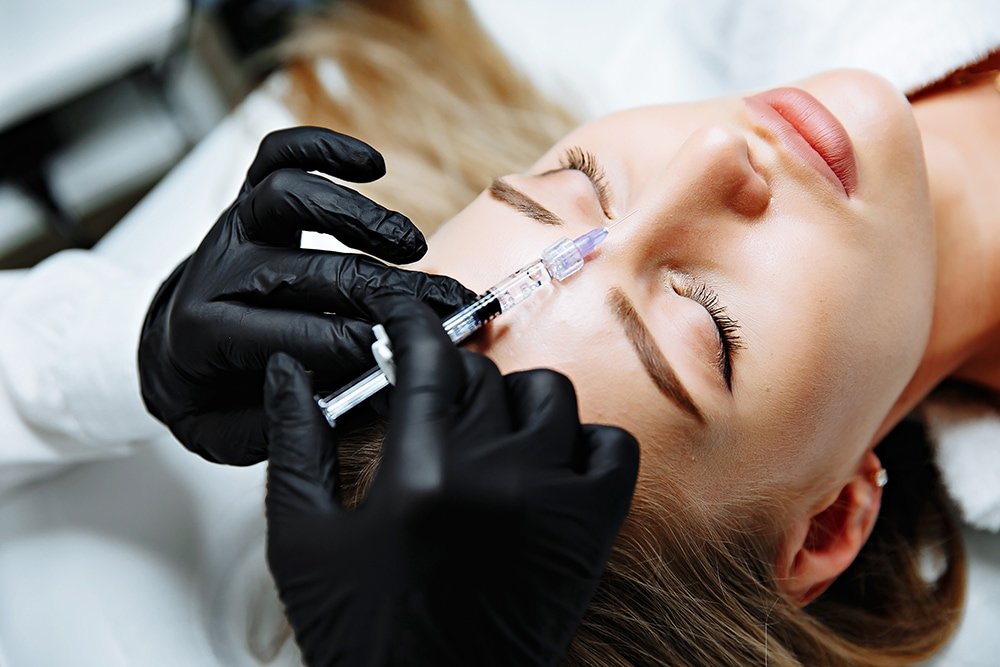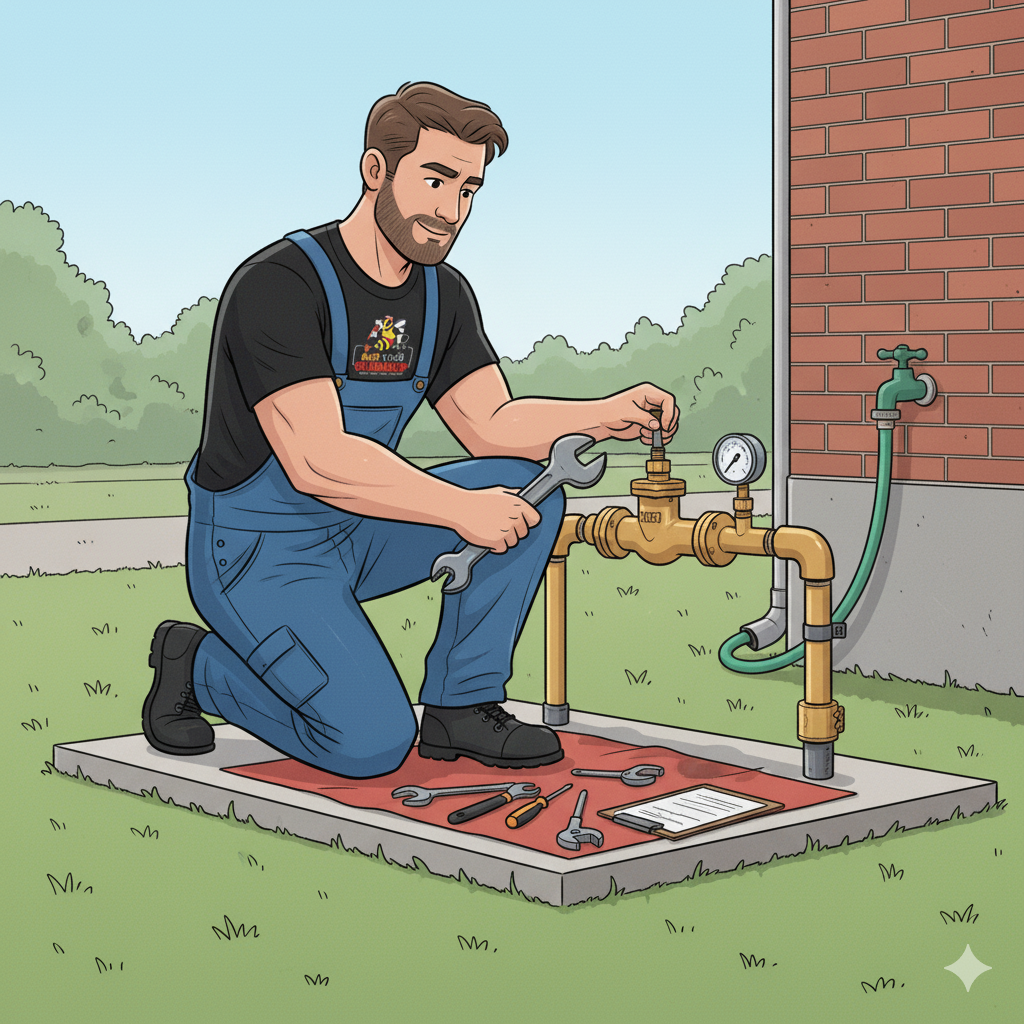Cervical cancer is one of the most common cancers affecting women worldwide. Fortunately, it is largely preventable with regular cervical cancer screening tests. Early detection is crucial as it helps identify abnormal changes in the cervix that could potentially develop into cancer. Understanding the signs and symptoms of cervical cancer and knowing when to seek screening can significantly improve outcomes.
What is the Cervical Cancer Screening Test?
A cervical cancer screening test detects early signs of cancer in the cervix. It primarily involves the Pap test, which checks for abnormal cells in the cervix. An HPV test is also used to detect the human papillomavirus, which can lead to cervical cancer. Regular screening helps detect these changes before they become cancerous, preventing the need for more aggressive treatments.
Signs That Indicate You May Need a Cervical Cancer Screening Test
In the early stages, cervical cancer may not show any noticeable symptoms. However, there are certain signs you should be aware of that may indicate a need for screening:
- Abnormal Vaginal Bleeding
One of the most common signs of cervical cancer is abnormal bleeding. This includes bleeding between periods, after intercourse, or even after menopause. - Unusual Vaginal Discharge
A sudden increase in discharge or changes in its color and smell can signal a potential issue. If it becomes foul-smelling or bloody, it’s important to consult your healthcare provider. - Pelvic Pain
Pain in the pelvic area, particularly during intercourse, could be a sign of cervical cancer. It can also be a symptom of other conditions, so seeking medical advice is important. - Pain During Urination or Bowel Movements
Experiencing pain during urination or bowel movements may indicate that the cancer has spread to nearby organs. - Swelling in the Legs
Swelling, especially in the legs, can occur when cancer spreads to lymph nodes or other parts of the body.
If you experience any of these symptoms consistently, it is important to schedule an appointment for a screening for cancer.
When Should You Get a Cervical Cancer Screening Test?
Women should begin cervical cancer screening at the age of 21. The guidelines recommend that:
- Women aged 21 to 29 should get a Pap test every 3 years.
- Women aged 30 to 65 should either have a Pap test every 3 years, an HPV test every 5 years, or a combination of both tests every 5 years.
- Women over 65 may stop screenings if they have had regular tests with normal results in the past.
It is also important for women with a history of HPV or cervical cancer to follow a more frequent screening schedule.
Preventing Cervical Cancer
While screening for cancer is essential for early detection, prevention also plays a key role. The most effective preventive measure is the HPV vaccine, which can prevent infection from the types of HPV that cause cervical cancer. Additionally, practicing safe sex and avoiding smoking can reduce your risk.
Conclusion
Cervical cancer is preventable with early detection, and cervical cancer screening tests are the best way to detect any abnormalities. If you notice symptoms such as abnormal bleeding, pelvic pain, or unusual discharge, seek medical attention immediately. It’s also important to follow the recommended screening guidelines for your age and risk level. Regular screenings can help catch cervical cancer in its early stages, when treatment is most effective. Don’t wait for symptoms to worsen; take charge of your health and get screened regularly.
















Leave a Reply